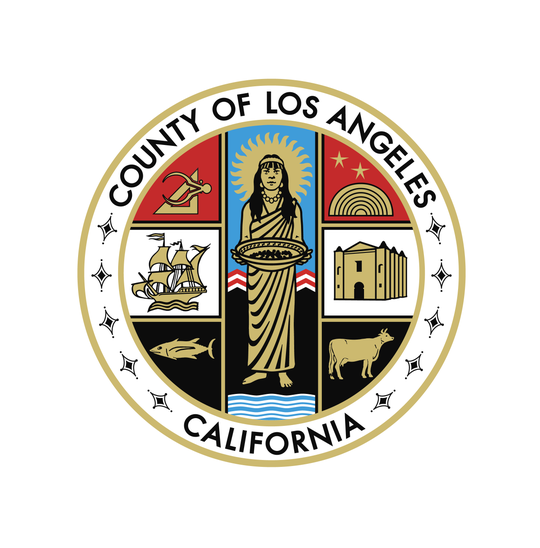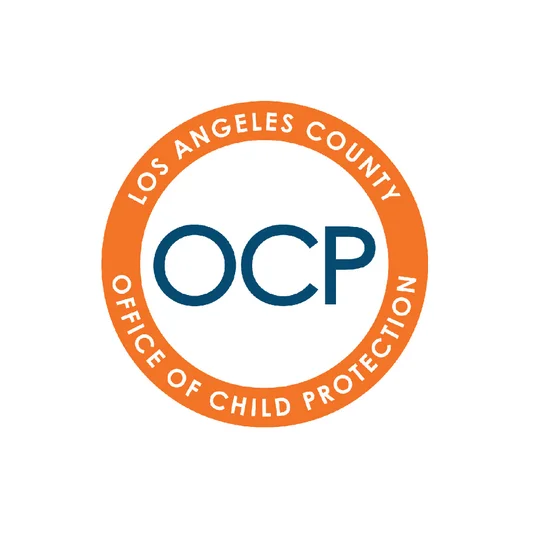
Plans of Safe Care
- Home
- Plans of Safe Care
What is a Plan of Safe Care (POSC)?
A Plan of Safe Care (POSC) is a document created jointly by a pregnant or parenting person, their family, and care providers to identify strengths, needs, and services for pregnant people using substances and/or substance-affected newborns and their families. The document includes information about the parent, the infant, and their family/support systems to assist with care and coordination. The goal of a POSC is to strengthen the family unit, help pregnant people have a healthy pregnancy, and keep children safely in their homes, which aligns with the goals and approach of the MSI.
The federal Comprehensive Addiction Recovery Act (CARA) and the Child Abuse Prevention and Treatment Act (CAPTA) require infants affected by substance exposure to have a POSC in place.
Training Materials for Understanding and Addressing Perinatal Substance Use, Infants Who Have Been Exposed to Substances, and Plans of Safe Care
Origins and Components of a Plan of Safe Care: Federal and State Regulations, and Plan of Safe Care Template
Neurobiology of Substance Use Disorder and Best Practices for Screening, Assessing and Toxicology
Understanding Perinatal Substance Use Disorder: Effects on Pregnancy, Parents and Baby
Dosing Medication-Assisted Treatment Before, During & After Pregnancy, & Breastfeeding & Subs. Use Disorder & Medication-Assisted Treatment
Harm Reduction and Stigma, and Substance Use Disorder Treatment
Supporting Substance Exposed Infants and Considerations for Working with Department of Children and Family Services
Plans of Safe Care, Supporting the Pregnant Person/Parent and Operationalizing the POSC
Discharge Planning and Transitions of Care, and Community Resources for Pregnant and Parenting People
Trauma Informed Care and Social Determinants of Health for Pregnant and Parenting People
Emerging Evidence and Practices for Addressing Neonatal Abstinence Syndrome in Infants and Families Affected by Substance Use Disorder
POSC Target Populations
The POSC was designed for pregnant and postpartum persons with infants who are at risk for or experienced prenatal substance exposure. The following populations should have a POSC developed:
- A pregnant person with an active substance use disorder
- Any family with infants born exposed to substances
- Any family with infants who experience withdrawal, even to prescribed medications
POSC Implementation in Los Angeles County
Child protective services agencies from each county are required to work with hospital partners to develop their POSC protocols and are charged with tracking all completed POSCs. Los Angeles County has developed a draft protocol and workflow to initiate the POSC process in healthcare/hospital settings. Los Angeles County is currently piloting this process in multiple public and private hospital sites – the POSC itself in our pilot is called the “Family Wellness Plan." The key goal of POSC implementation in Los Angeles County is to ensure that pregnant people using substances, infants with prenatal substance exposure and their caregivers have their needs and strengths assessed as early as possible and are quickly linked to community-based supportive services.
To learn more about the Los Angeles County draft POSC process currently being piloted, please refer to the following materials. Resources will be updated as they are refined.

